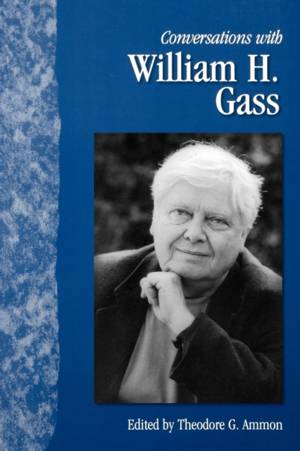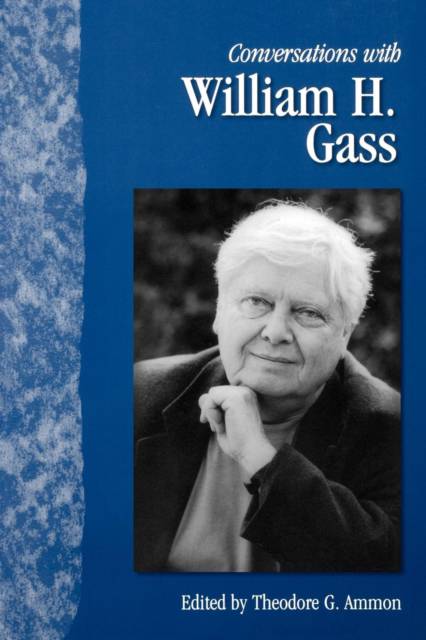
- Afhalen na 1 uur in een winkel met voorraad
- Gratis thuislevering in België vanaf € 30
- Ruim aanbod met 7 miljoen producten
- Afhalen na 1 uur in een winkel met voorraad
- Gratis thuislevering in België vanaf € 30
- Ruim aanbod met 7 miljoen producten
Zoeken
€ 50,95
+ 101 punten
Omschrijving
"As a writer, I have only one responsibility, and that's to the language I'm using and to the thing I'm trying to make." Conversations with William H. Gass captures the imagination and philosophical acumen of one of America's most important aestheticians, critical theorists, fiction writers, and essayists. From his first major novel, Omensetter's Luck (1966), to his numerous collections of essays and philosophical inquiries, to his controversial novel The Tunnel (1995), Gass (b. 1924) has proved himself a meticulous craftsman. Throughout these interviews, he reveals an aesthetic that combines ideas from sources as disparate as Ludwig Wittgenstein, Rainer Maria Rilke, Gertrude Stein, and Plato. The interviews make clear the unity behind Gass's views is by his own design. Conversations retrace his undergraduate years at Kenyon College and his subsequent philosophical investigation of metaphor at Cornell University. Gass has never strayed from his belief that metaphor is central and fundamental to thought and to aesthetics. In these interviews he reiterates time and again his belief that the ultimate understanding of the relationship of language to the world pivots on one's understanding of metaphor. In interviews, in profiles, and in his own essays, Gass does not hide from questions about his art and personal motivations, no matter how frequently they are asked, nor does he toy with his interviewers. Revealing how he never shies from an intellectual joust, this collection includes a rousing, contentious debate with John Gardner, fellow literary pundit and fiction writer. The distinction of Gass's prose is matched by the clarity and brilliance of the mind behind it. These talks allow an unobstructed view. Anyone interested in Gass's writing will delight in hearing the brutally honest voice of the mind that produced it. Theodore G. Ammon is chair of the philosophy department at Millsaps College in Jackson, Miss. His work has appeared in such publications as Romance Notes, Arachne, College Mathematics, and the Journal of Aesthetic Education.
Specificaties
Betrokkenen
- Auteur(s):
- Uitgeverij:
Inhoud
- Aantal bladzijden:
- 192
- Taal:
- Engels
- Reeks:
Eigenschappen
- Productcode (EAN):
- 9781617037016
- Verschijningsdatum:
- 1/09/2012
- Uitvoering:
- Paperback
- Formaat:
- Trade paperback (VS)
- Afmetingen:
- 152 mm x 229 mm
- Gewicht:
- 290 g

Alleen bij Standaard Boekhandel
+ 101 punten op je klantenkaart van Standaard Boekhandel
Beoordelingen
We publiceren alleen reviews die voldoen aan de voorwaarden voor reviews. Bekijk onze voorwaarden voor reviews.








